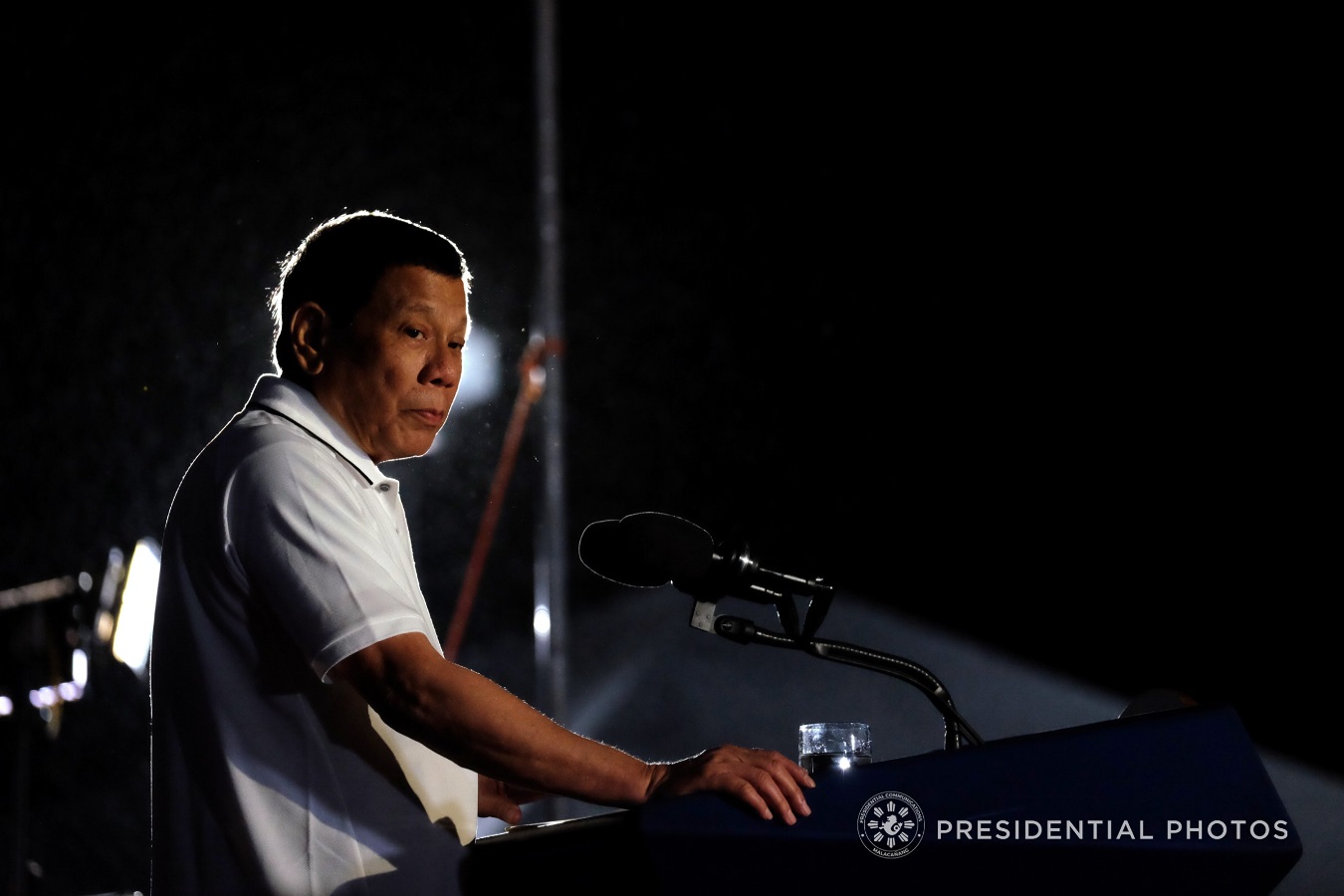Headline
Duterte withdraws PH from ICC
The President on Wednesday, March 14 announced his decision for the Philippines to withdraw from the International Criminal Court (ICC) “effective immediately.”
After the Palace, through its spokesperson Harry Roque, Jr., confirmed in early February that the ICC is set to conduct its preliminary examination against President Rodrigo Duterte regarding his war on drugs, the President has now decided to withdraw the country from the Rome Statute.
(Read: ICC to conduct ‘preliminary examination’ vs. Duterte, PH war on drugs)
“I, therefore, declare and forthwith give notice, as President of the Republic of the Philippines, that the Philippines is withdrawing its ratification of the Rome Statute effective immediately,” Duterte said in a statement released to the media.
United Nations (UN) created the Rome Statute in 1998 which established the ICC. According to the treaty, the ICC is a permanent institution that shall have the power to exercise its jurisdiction over persons for the most serious crimes of international concern.
These serious crimes were specified to genocide, crimes against humanity, war crimes, and crime of aggression.
Duterte still insisted the ICC has no jurisdiction over him just like in his previous statements, but in the event that the court has jurisdiction over him, he said that the complaints against him are not crimes of genocide, against humanity, of war, or aggression.
(Read: ‘Complementarity principle’ does not give ICC jurisdiction over PRRD)
“Even assuming that ICC can have jurisdiction over my person still the acts complained of purportedly committed by me do not fall under the enumerated grounds by which ICC can assume jurisdiction,” Duterte wrote.
While the President stressed that this withdrawal is effective immediately, Article 127 of the treaty states otherwise.
“A State Party may, by written notification addressed to the Secretary-General of the United Nations, withdraw from this Statute. The withdrawal shall take effect one year after the date of receipt of the notification unless the notification specifies a later date,” the treaty read.
However, Duterte also cited this article and contested that it is not applicable since “there appears to be fraud in entering such agreement.”
“The Philippines in ratifying the Rome Statute was made to believe that the principle of complementarity shall be observed, that the principle of due process and the presumption of innocence as mandated by our Constitution and the Rome Statute shall prevail, and that the legal requirement of publication to make the Rome Statute enforceable shall be maintained,” the President wrote, but added that these considerations that the Philippines agreed upon were not observed or complied with.
(Read: Duterte says ICC should focus on Rohingya than his drug war)






















